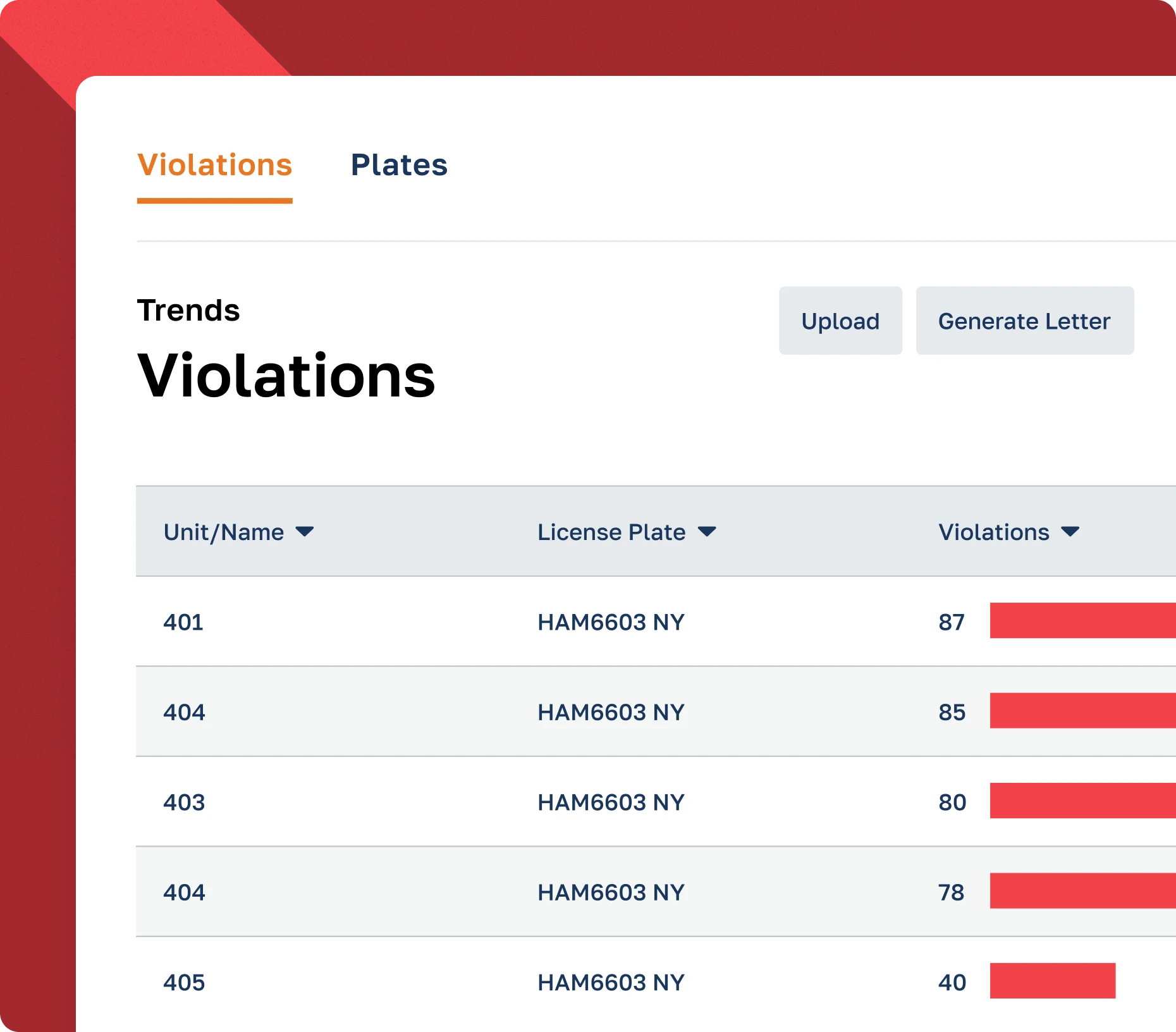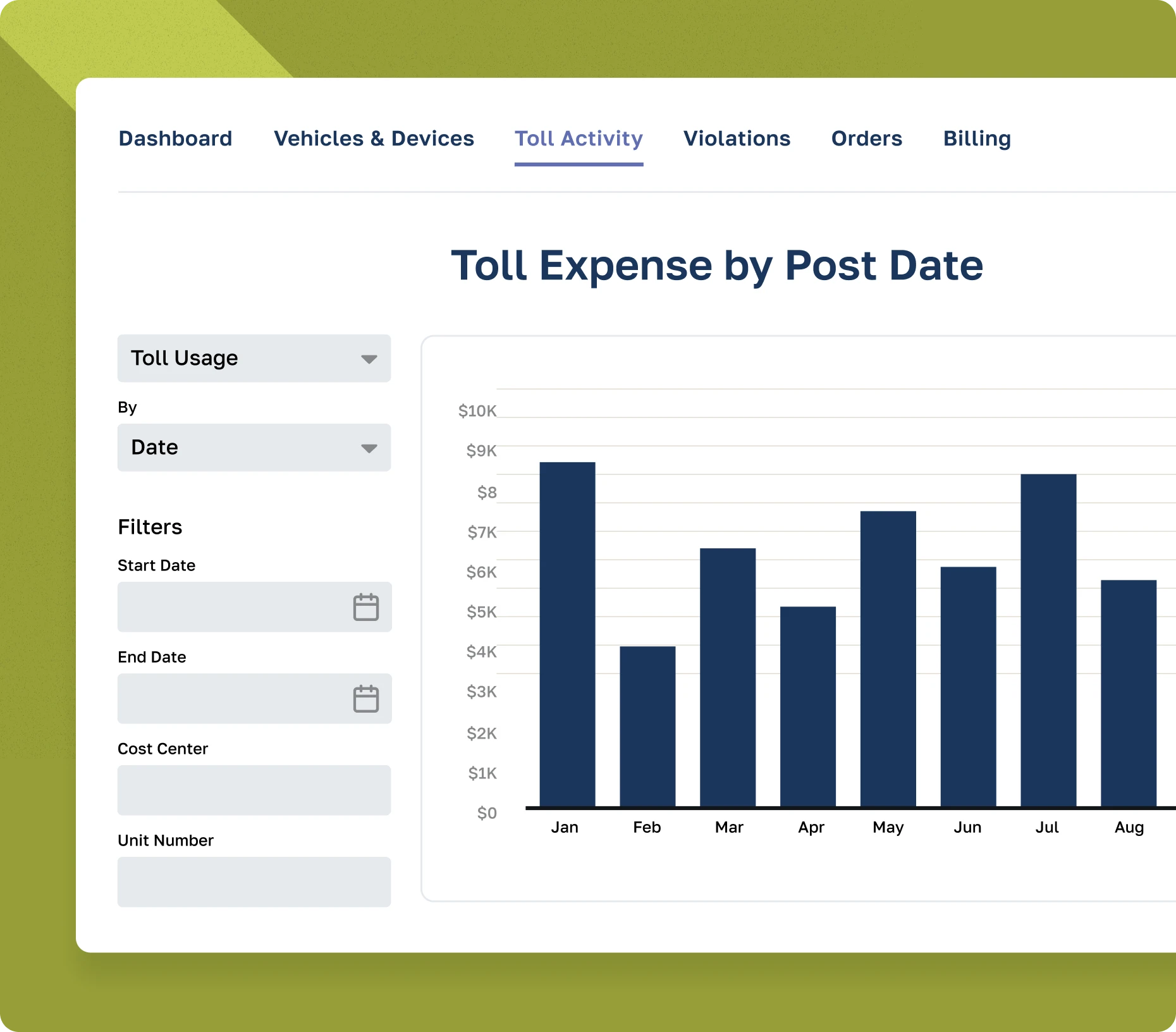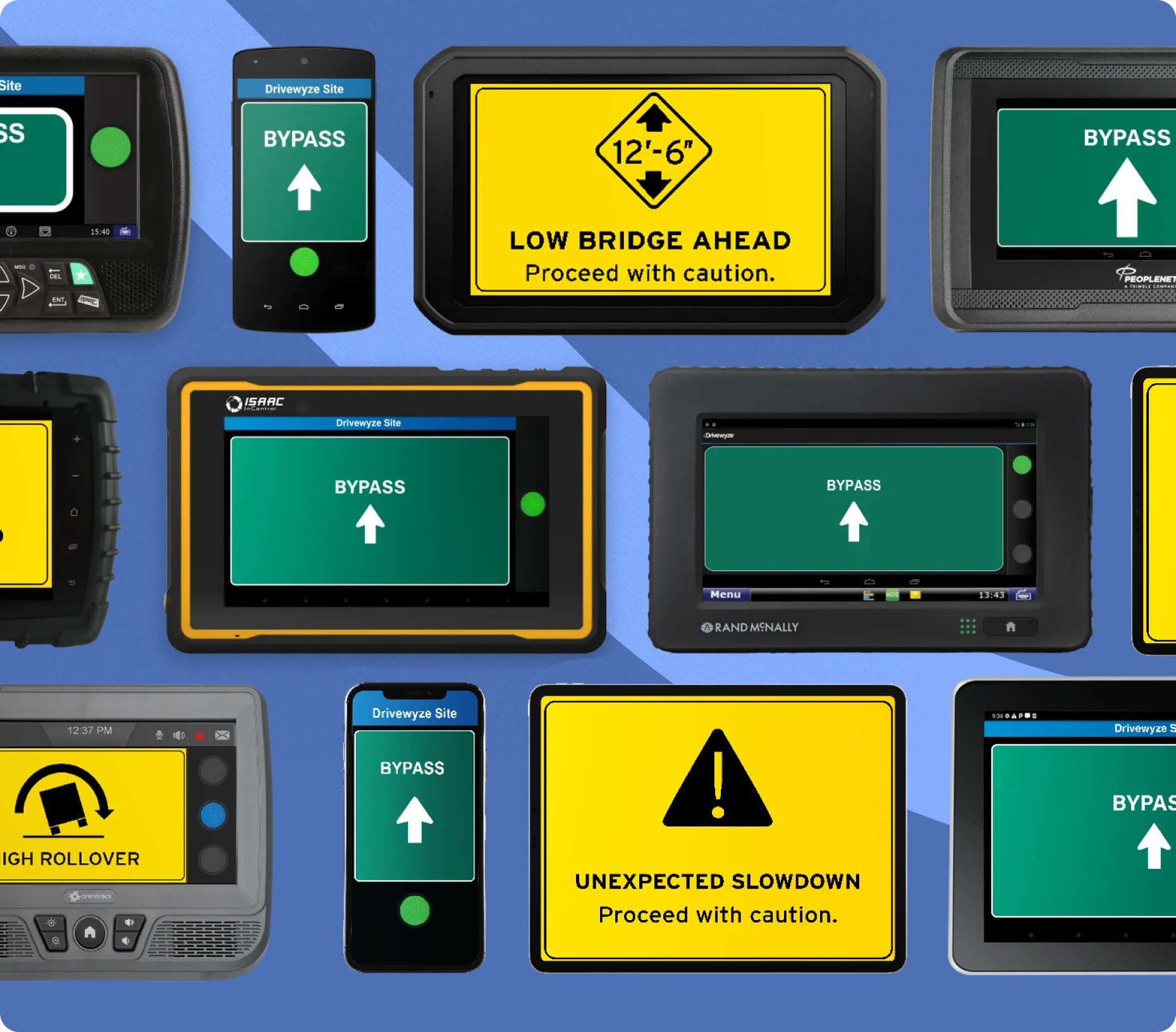Bestpass-Fleetworthy Solutions Announces Rebrand, Changes Name to Fleetworthy
What Is Fleet Compliance Training?

Fleet compliance training is a structured educational program designed to teach drivers, managers, and fleet staff how to meet Department of Transportation (DOT) and Federal Motor Carrier Safety Administration (FMCSA) regulations.
The training covers essential topics such as Hours of Service (HOS) rules, Electronic Logging Device (ELD) use, vehicle inspections, driver qualification requirements, and drug and alcohol testing procedures. It also includes instruction on safety policies, accident reporting, and audit preparation.
Regular compliance training ensures that drivers understand regulatory changes and follow company safety protocols, helping fleets avoid violations, fines, and accidents. Many fleets offer annual or quarterly training sessions, either in person or online, supported by compliance management software that tracks completion and certification.
In short, fleet compliance training equips employees with the knowledge to stay legal, safe, and audit-ready, building a culture of safety and accountability across the entire fleet.
What Is Fleet Compliance Training and Why Is It Essential for Fleet Safety?
Fleet compliance training is the foundation of a successful compliance program. It ensures that everyone in your organization, from drivers to managers, understands and follows the rules set by the Department of Transportation (DOT) and the Federal Motor Carrier Safety Administration (FMCSA).
Training isn’t just about checking a box; it’s about preventing costly violations, improving safety, and maintaining operational excellence.
What Does Fleet Compliance Training Include?
A comprehensive compliance training program should cover the following areas:
1. Hours of Service (HOS) and ELD Use
-
Understanding FMCSA HOS regulations and exemptions.
-
Proper use of Electronic Logging Devices (ELDs).
-
How to identify and correct logbook errors.
2. Driver Qualification Requirements
-
Maintaining valid CDLs and medical certificates.
-
Understanding disqualifying offenses and DQF management.
-
Annual MVR reviews and self-reporting obligations.
3. Vehicle Inspections and Maintenance
-
Pre-trip, post-trip, and periodic inspection procedures.
-
Documentation and defect reporting.
-
Recognizing signs of mechanical failure or safety issues.
4. Drug and Alcohol Testing Compliance
-
Overview of FMCSA Part 382 requirements.
-
Random and post-accident testing protocols.
-
Reporting to the Drug & Alcohol Clearinghouse.
5. Safety Policies and Accident Procedures
-
Company safety policies and driver responsibilities.
-
How to report and document accidents or violations.
-
Corrective action and retraining procedures.
6. Audit and Record-Keeping Awareness
-
Understanding what inspectors look for during audits.
-
How to prepare documentation for compliance reviews.
-
Maintaining digital records for quick retrieval.
Why Fleet Compliance Training Matters
-
Reduces Violations and Fines: Well-trained drivers are less likely to commit HOS, ELD, or inspection errors that lead to penalties.
-
Improves Safety Performance: Training builds awareness around safe driving behaviors and preventive maintenance.
-
Enhances Audit Readiness: Teams that understand compliance requirements can quickly produce accurate records during inspections.
-
Strengthens Company Culture: Continuous training reinforces a shared commitment to safety and responsibility.
-
Protects Operating Authority: Fewer violations mean better CSA scores and fewer risks of suspension.
How Often Should Fleet Compliance Training Be Conducted?
Most experts recommend:
-
New Hire Training: During onboarding, covering all compliance basics.
-
Annual or Semi-Annual Refresher Courses: To address regulation changes and reinforce best practices.
-
Corrective or Incident-Based Training: After violations, accidents, or audits to prevent repeat issues.
Some fleets also run quarterly micro-trainings, short, topic-specific sessions focused on current compliance trends or problem areas.
How to Deliver Effective Fleet Compliance Training
-
Use Multiple Formats — Combine classroom sessions, e-learning, and video modules.
-
Make It Practical — Use real examples from your fleet’s data or inspection reports.
-
Track Completion — Use compliance software to monitor training progress and certification status.
-
Include Managers and Dispatchers — Everyone involved in daily operations should understand compliance expectations.
-
Update Regularly — Adapt training to FMCSA regulation changes and company policy updates.
The Role of Technology in Compliance Training
Modern compliance software platforms allow fleets to:
-
Host on-demand training courses.
-
Track completion records and generate certificates.
-
Send reminders for upcoming renewals or refresher sessions.
-
Integrate training data with driver performance and compliance dashboards.
This digital approach ensures accountability, consistency and scalability, especially for fleets with dispersed teams.
Common Mistakes Fleets Make
-
Treating compliance training as a one-time event.
-
Focusing only on drivers and excluding supervisors or dispatchers.
-
Failing to track training completion for audit documentation.
-
Ignoring refresher training after regulatory updates.
Avoiding these pitfalls keeps your program strong, credible, and compliant.
Fleet compliance training is more than regulatory education, it’s a preventive strategy that saves money, reduces risk, and keeps drivers safe. By training employees consistently, documenting results, and staying up to date with FMCSA changes, fleets can stay ahead of violations and maintain smooth, compliant operations.
Investing in ongoing compliance training isn’t just good practice, it’s essential for long-term safety, efficiency and reputation.
Need a Little More Info?

CPSuite Safety & Compliance
Fleetworthy’s legacy solution, CPSuite, allows fleets to track and manage vehicle compliance requirements effortlessly, as well as ensure drivers meet all safety and compliance standards.
With CPSuite, your fleet can easily navigate any challenges in the road ahead.

Bestpass Toll Management
Bestpass provides the leading toll management technology, allowing customers to hit the road with a single monthly statement, on-demand reporting with advanced analytics, and dedicated customer support.
With coverage for 100 percent of major U.S. toll roads, Bestpass gives you the most opportunity to save time and money.

Drivewyze Weigh Station Bypass
Drivewyze is North America’s top weigh station bypass provider, with 900+ locations and counting.
With Drivewyze by Fleetworthy, your fleet can access proactive in-cab safety alerts, skip weigh stations, and make better time.
Ready to Get Started?
The Complete Technology Suite
Looking for Even More?
Unsure What You Need?
Talk to one of our Experts today, and let us help you figure it out.
